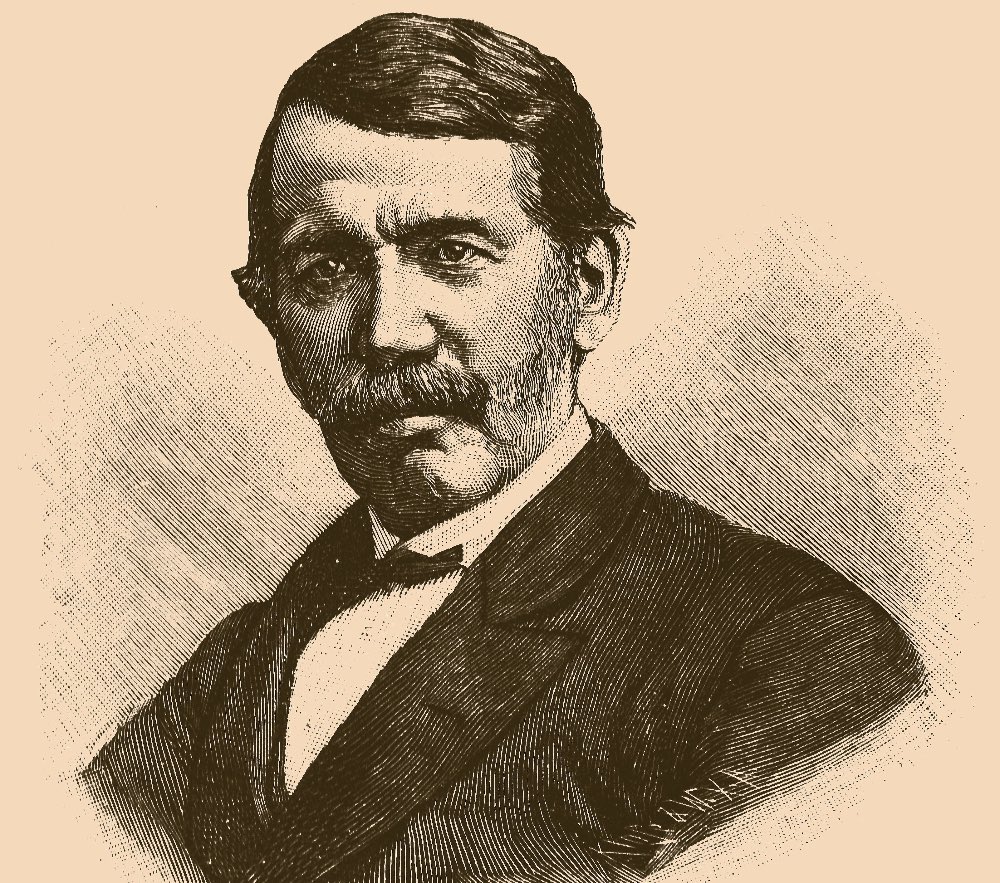David Livingstone (1813-1873) was born in Blantyre, near Glasgow, Scotland. He became “a physician, a pioneer Christian missionary with the London Missionary Society, an explorer in Africa and engaged in a long battle to abolish slavery in Africa. In so doing he became one of the most popular British heroes of the late 19th-century Victorian era.”
One thing is clear. Livingstone’s story was a “rags-to-riches” inspirational one. He was born into a poor Scottish family. At just ten years old he was sent to work in a cotton mill, and his only access to schooling was for two hours after his twelve-hour working days. But he taught himself the requisite Latin to study medicine and in 1836 he enrolled in Strathclyde University in Glasgow, after which he went to Africa as a missionary.
I have found it hard to classify Livingstone in normal cross-cultural missionary terms. His work could be divided into at least four areas.
1. In strict missionary terms, that of winning souls to Christ and planting churches, I cannot find much of a record. One source says that it was only after seven years that Livingstone saw his first convert. Another writes “He only managed to convert one African, a tribal leader called Sechele. However, Sechele found the Christian rule of monogamy too constricting, and soon lapsed.” Perhaps it is enough to say that his death as a national hero led to the founding of several major central African Christian missionary initiatives
2. His battle to abolish slavery was much more clearly successful. “Great Britain and the United States of America had already outlawed slavery by his time, but it was still rife in the Arab continent and within Africa itself. Africans would be enslaved and traded in places in the Middle East or by other Africans from different tribes within Africa.” He fought relentlessly to see the practice of slavery abolished. “He thought he could do it by exploring the entire continent and opening it to the whole world. This way, Africans would sell their resources instead of their people.”
3. He was an extraordinary explorer who spent decades opening up Africa. In 1852, after sending his family back to Scotland, he went north to Zambia and with Kololo companions walked west to Luanda on the coast of Angola. He then turned around and walked across Africa to Mozambique. In 1853, Livingstone embarked on a journey to explore the entire continent of Africa. His voyages and discoveries gave him international recognition. For instance, his sighting of Lake Ngami got him a gold medal and a monetary prize from the British Royal Geographical Society.
In 1855 he discovered a glorious waterfall, which he christened ‘Victoria Falls’. In 1856 he became the first Westerner to traverse Africa from Luanda on the Atlantic Ocean to Quelimane on the Indian Ocean. He crossed the entirety of the Kalahari desert (twice!), proving that it did not continue into the Sahara as was previously thought. However, his great quest for the source of the White Nile did not succeed.
4. Some writers claim that he started the European “scramble for Africa”. His exploration of the central African watershed was a part of the classic period of European geographical discovery and colonial penetration of Africa.
His final days were not easy. “Livingstone was presumed dead. His letters had not been reaching home, his wife had passed away, he had lost or been robbed of all of his possessions and in the end was incredibly ill. There were some people who travelled into Africa to try and track Livingstone down and discover whether he was indeed dead or alive. He was found alive near Lake Tanganyika in October 1871, by another explorer and journalist, Henry Stanley who upon finding Dr. Livingstone, allegedly uttered those famous words, ‘Dr. Livingstone, I presume?’.
Livingstone was thus many things. “Protestant missionary martyr, scientific investigator and explorer, imperial reformer, anti-slavery crusader, and advocate of British commercial and colonial expansion. Livingstone was a linguist, a doctor, a missionary, and an explorer. He is renowned to this day for opening Africa up to the West, exposing some of its great mysteries, and learning some of its great secrets. Although he died in Africa, his body was returned to Britain where it remains to this day, buried in Westminster Abbey.”
His tombstone says, “Missionary, Traveller, Philanthropist… For 30 years, his life was spent in an unwearied effort to evangelise the native races, to explore the undiscovered secrets, to abolish the desolating slave trade of Central Africa. With his last words, he wrote, ‘All I can add in my solitude is may heaven’s rich blessing come down on everyone, American, English, or Turk who will help to heal this open sore of the world.’”



